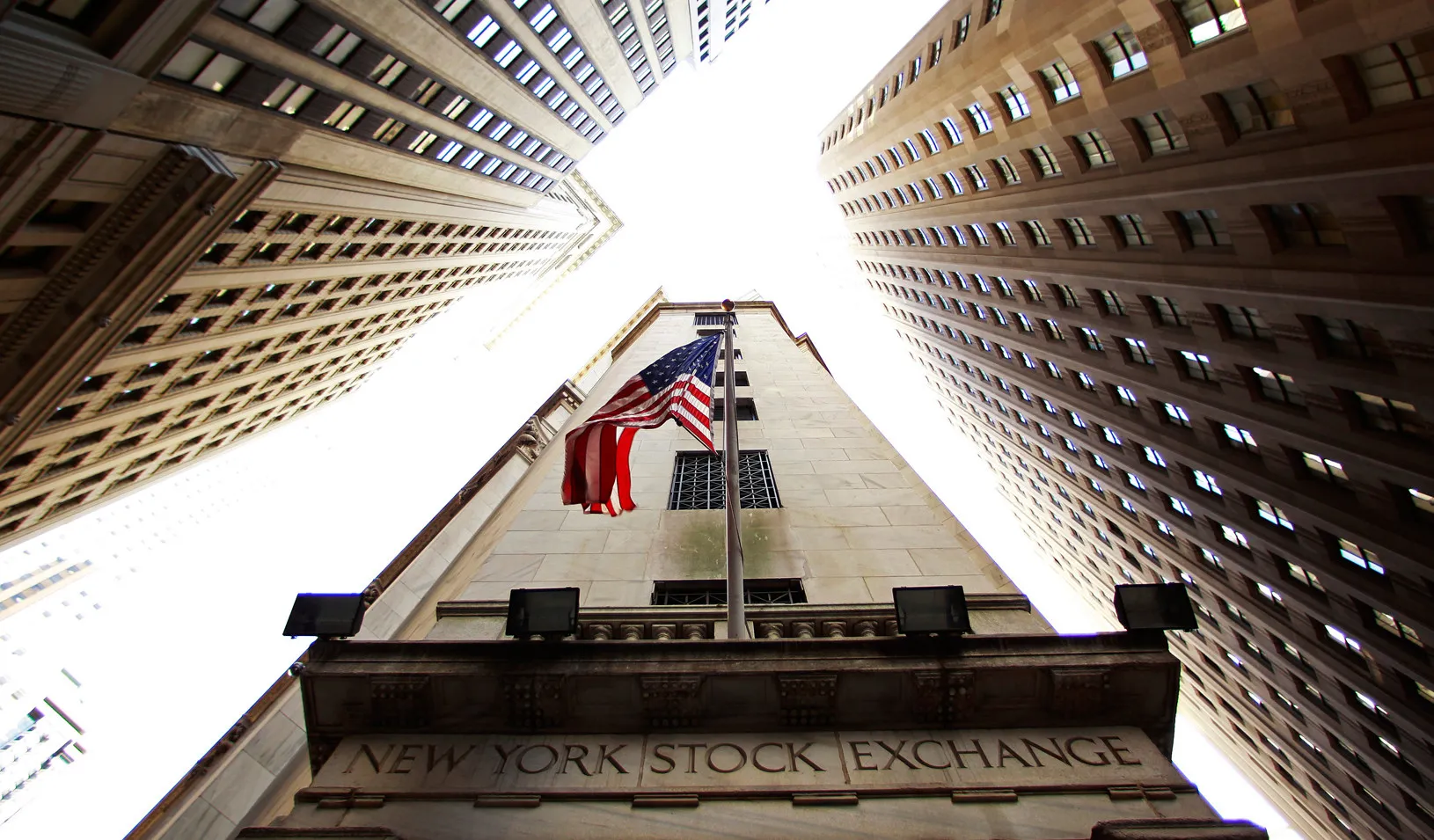April 18, 2012
| by Marguerite RigogliosoWhen it rains on the economy, it pours. Shocks to markets or industries, like the stock market crash of 2008, typically result in a flood of reports about firms’ individual woes. But the reverse is not true: Happy economic events do not lead to a similar flurry of positive company news. Is it just that a bad economy makes firms go sour, or does this asymmetry in reporting suggest something else is going on?
A recent study from Stanford is the first to look at the relationship between the timing of firms’ public information releases, on the one hand, and public information about the state of the economy, on the other. It concludes that managers tend to strategically wait to release negative information until broad-scale negative news appears in the media, and hold back negative information when times are good. This is why the disclosure of negative information tends to be clustered.
And by treating the release of positive and negative information differently, companies make the overall stock market more volatile than it needs to be in down times, the scholars say.
“Managers have a certain amount of discretion as to when they unveil negative information about a company — that sales are down, or that an important contract was cancelled, for example,” explains Peter DeMarzo, Mizuho Financial Group Professor of Finance in Stanford GSB and one of the coauthors of the report. “There are lots of incentives for them to wait on giving bad news.” Negative information, quite simply, can drive stock prices down, which may also affect managers’ own stock options or bonuses.
DeMarzo, along with finance professors Ilan Kremer of Stanford and Viral Acharya of New York University, used a game theoretical model to discern that the rise in reports of bad news during times of market crisis does not occur simply because firms themselves suddenly hit the skids or realize their own dire situations. Rather, firm executives use hard times as the moment to “confess” earnings warnings they have been sitting on for some time.

Waiting on negative news until the market is bad prevents the kind of shock to the value of a company’s stock that occurs when troubling reports are delivered in more positive times. “Silence about the state of a company is informative and telling to astute investors,” says DeMarzo. “The more time goes by without any good news being reported, the more investors take warning. This can lead stock prices to decline more gradually. Firms decide that the ‘best’ time to deliver negative announcements is when the economy itself is doing poorly, because everyone expects it.” Companies benefit by being able to blame their problems more on externals than their own poor performance.
In good times, however, firms readily reveal positive news as it comes in order to boost stock earnings. The investigators find that such positive reports are not clustered around any particular positive economic event, such as good news about national employment or rising manufacturing orders.
When managers surprise the market with good news, the company’s individual stock values usually jump up suddenly, but the overall stock market only reflects a modest upward trend. This is because good news announcements happen in peppered fashion over the course of a year, and the stock market, which is the cumulative measure of individual stocks, averages them out over time. In contrast, managers’ tendency to wait on bad news and “herd” their announcements with those of others may serve to prevent a negative spike on any given individual stock, but the “one time” concentration of such negative reports results in a sudden jump down in the market as a whole.
“It would be better if, like good news, bad news came out gradually,” says DeMarzo. “The shock to the market caused by clustered disclosures only increases economic instability.” Moreover, he says, waiting on bad news deprives market actors of information that may have helped them make better decisions earlier. “It creates an intensified inefficiency in the market,” he emphasizes.
The disclosure phenomenon raises the question of whether better regulation is required to force the timely release of needed financial information. “Regulation has definitely moved in the direction of giving managers less discretion, but we may need to see a more concentrated effort in this regard,” DeMarzo says.
For media inquiries, visit the Newsroom.






